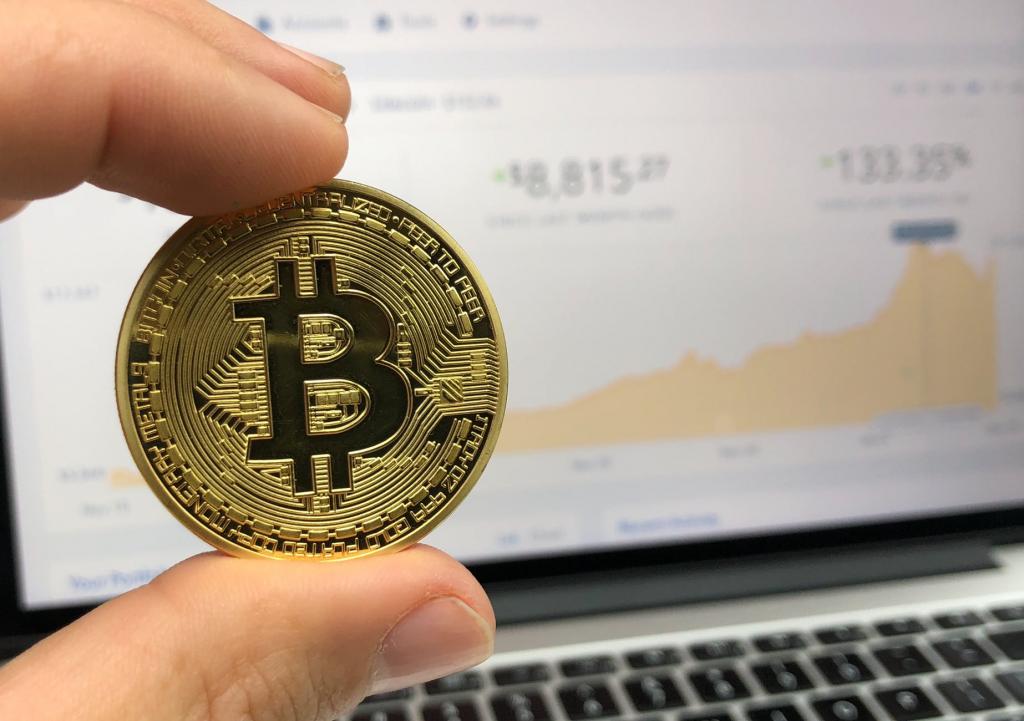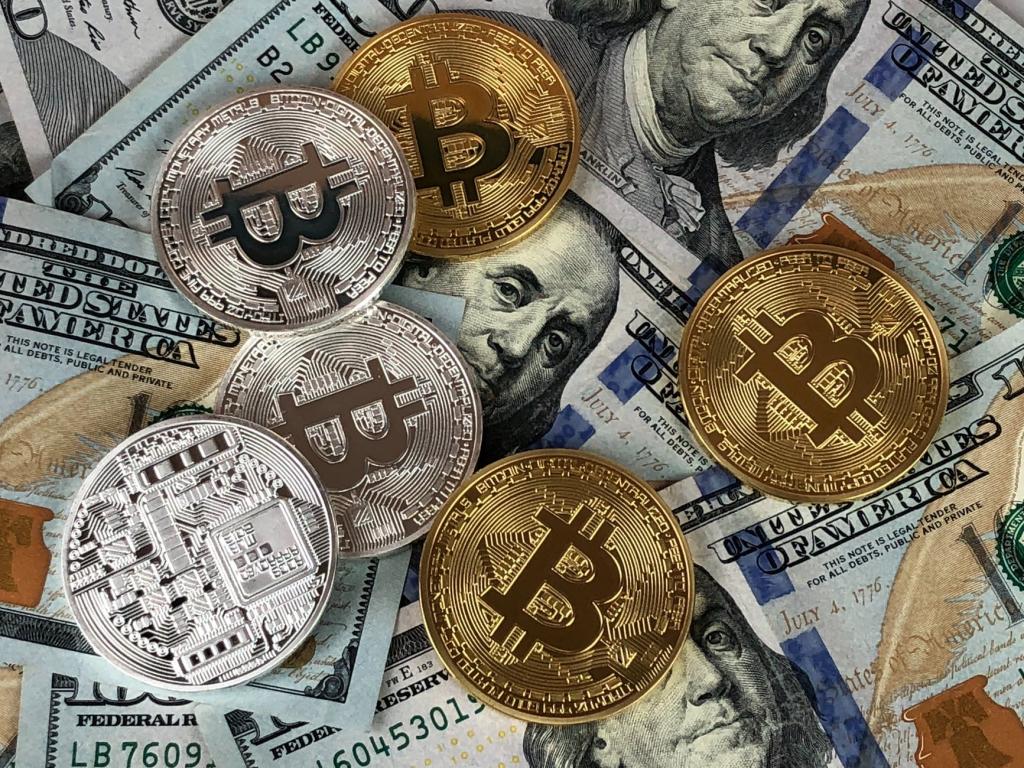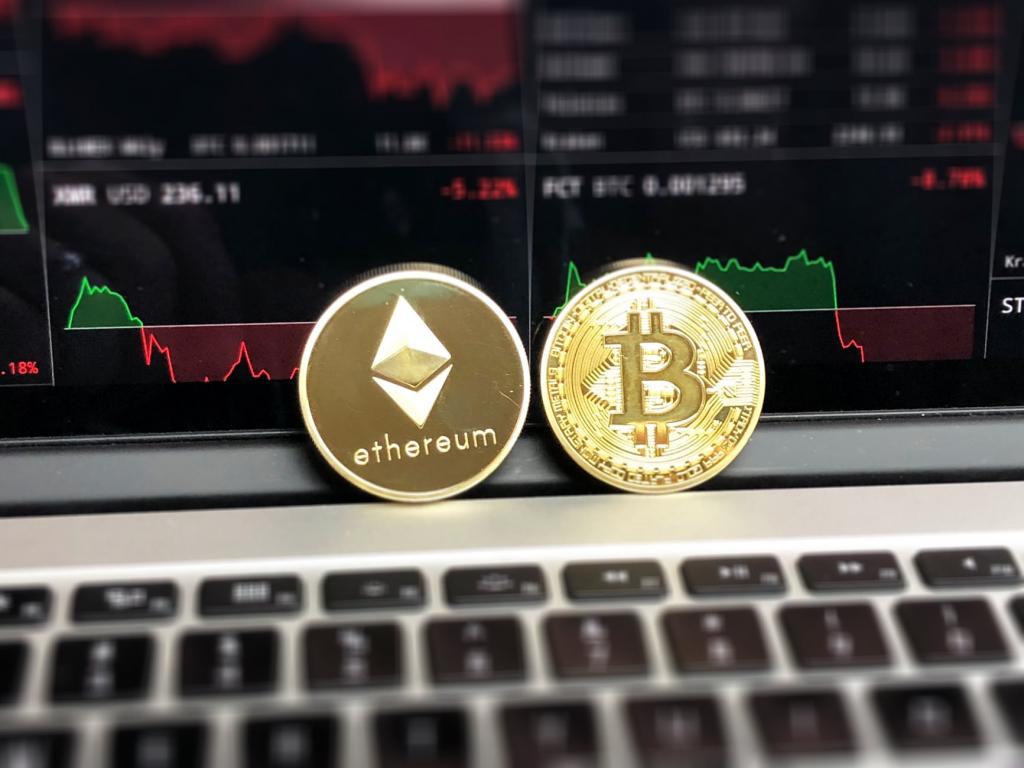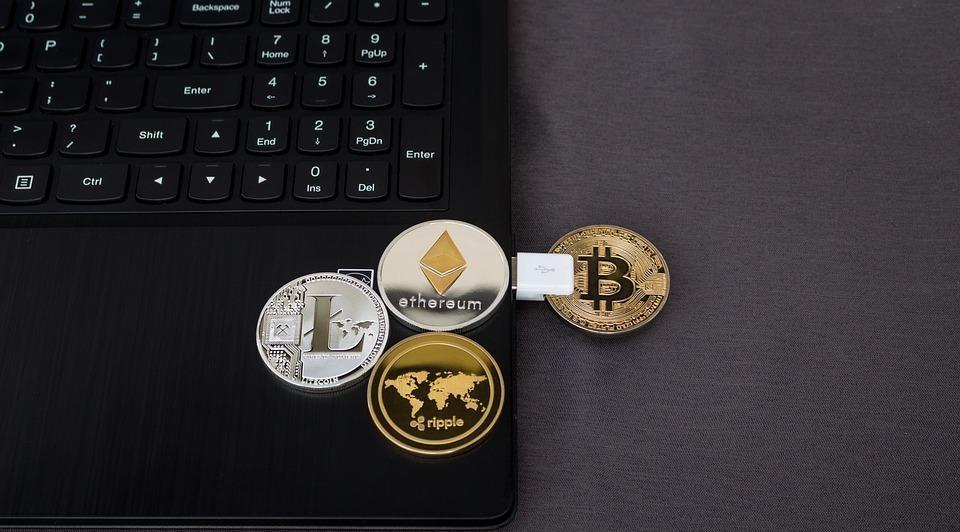HODL
Holding is an important part of investing and is especially important in cryptocurrency due to the volatility of the market. If you react to every 5, 10, 20% drop in coin price, you’ll be in for a world of hurt financially. In this sense, holding is used to weather the inevitable volatility in the markets, but there are times where holding can go too far, visit here to learn more.

Much like any other position on a coin, holding should be an informed choice based on research and evaluation. That means that there are also times when holding is not the best strategy to use with a coin. There are going to be times where you inevitably catch a coin coming off a high and then need to sell it off to limits your loss, you can read it in this blog http://www.agoracosmopolitan.com/news/business/2018/05/02/12889-how-to-buy-hold-and-sell-in-your-cryptocurrency-ira.html. This is often difficult for people to do though, and so they hold on to the coin as the loss grows larger and heavier.
They are then left with a heavy loss, and process to hold the loss in the hope that it will gain the loss back eventually (this is known online as holding a bag, with the bag being the large loss in value that the held coin represents for you).
So how do you decide when to HODL and when to sell out? This is a difficult question to answer, but having a better understanding of how our minds work can help. When we start to lose money on a coin, we have a tendency to fall victim to lose aversion. Loss aversion is an economic theory in which people have a stronger reaction to losses than they do to gains. Research has shown that we feel a lot worse when taking a loss than we do when missing out on again, or to put it simply: we care a lot more about losing a dollar than we do about making one.

Unfortunately, this often works counterintuitively when investing, because when we start losing money on a coin we find it difficult to sell it at a loss because the sale locks in the loss and makes it real. So instead we HODL, and HODL, and HODL. Holding the coin into oblivion will often make us feel worse as the loss grows, and we might never recover the loss by holding on to the coin long term. When I feel like I’m falling into one of these ‘loss traps’ with a coin I’m holding, I like to run through a few questions to check whether I should keep holding or move on to something else. Next time you feel like you are caught in a ‘loss trap’, ask yourself:
Holding is an important part of investing and is especially important in cryptocurrency due to the volatility of the market. If you react to every 5, 10, 20% drop in coin price, you’ll be in for a world of hurt financially. In this sense, holding is used to weather the inevitable volatility in the markets, but there are times where holding can go too far, visit here to learn more.

Much like any other position on a coin, holding should be an informed choice based on research and evaluation. That means that there are also times when holding is not the best strategy to use with a coin. There are going to be times where you inevitably catch a coin coming off a high and then need to sell it off to limits your loss, you can read it in this blog http://www.agoracosmopolitan.com/news/business/2018/05/02/12889-how-to-buy-hold-and-sell-in-your-cryptocurrency-ira.html. This is often difficult for people to do though, and so they hold on to the coin as the loss grows larger and heavier.
They are then left with a heavy loss, and process to hold the loss in the hope that it will gain the loss back eventually (this is known online as holding a bag, with the bag being the large loss in value that the held coin represents for you).
So how do you decide when to HODL and when to sell out? This is a difficult question to answer, but having a better understanding of how our minds work can help. When we start to lose money on a coin, we have a tendency to fall victim to lose aversion. Loss aversion is an economic theory in which people have a stronger reaction to losses than they do to gains. Research has shown that we feel a lot worse when taking a loss than we do when missing out on again, or to put it simply: we care a lot more about losing a dollar than we do about making one.

Unfortunately, this often works counterintuitively when investing, because when we start losing money on a coin we find it difficult to sell it at a loss because the sale locks in the loss and makes it real. So instead we HODL, and HODL, and HODL. Holding the coin into oblivion will often make us feel worse as the loss grows, and we might never recover the loss by holding on to the coin long term. When I feel like I’m falling into one of these ‘loss traps’ with a coin I’m holding, I like to run through a few questions to check whether I should keep holding or move on to something else. Next time you feel like you are caught in a ‘loss trap’, ask yourself:
Why did I buy the coin in the first place?
If the original reasons for buying the coin are still valid, then it might be best to hold through the storm instead of selling. If you were holding for a particular announcement or release though and the news didn’t translate into a price increase, then it might be best to sell and move onto the next opportunity.
If the original reasons for buying the coin are still valid, then it might be best to hold through the storm instead of selling. If you were holding for a particular announcement or release though and the news didn’t translate into a price increase, then it might be best to sell and move onto the next opportunity.
Is there an obvious reason that the coin is losing value?
More often than not you will be able to find out why online. If you can find a reason why, then is it likely to have a temporary effect on the price or is it more serious than that? Even if you think the coin is a good long-term HODL if you are confident that the price is going to fall further it might be best to sell now and then buy back in at a lower price.
More often than not you will be able to find out why online. If you can find a reason why, then is it likely to have a temporary effect on the price or is it more serious than that? Even if you think the coin is a good long-term HODL if you are confident that the price is going to fall further it might be best to sell now and then buy back in at a lower price.
Are there other more promising gains to be made on the horizon?
There’s nothing worse than having your money locked up in a losing coin. This stops a lot of people from seizing other opportunities because they don’t want to lock in that loss. But if you need to sell a loss to make again then why wouldn’t you take the opportunity? For example, if you sell a coin at a $500 loss and make a gain of $250 with the remaining funds, then you’ve already made back half of the loss. But if you just held onto the losing coin instead of taking the opportunity, you would still be $500 down if not more (if the coin keeps losing value).

After answering these questions, you should have a better idea of whether to exit the coin or to hold. These questions aren’t just a one-off exercise either, you should be constantly asking yourself these questions for each of your held coins. These questions also work for profitable coins when you are trying to decide on when to sell out of a profitable coin to lock in the best gain possible.
Read More About Bitcoin : HODL - https://coinira.com/bitcoin-ira/
There’s nothing worse than having your money locked up in a losing coin. This stops a lot of people from seizing other opportunities because they don’t want to lock in that loss. But if you need to sell a loss to make again then why wouldn’t you take the opportunity? For example, if you sell a coin at a $500 loss and make a gain of $250 with the remaining funds, then you’ve already made back half of the loss. But if you just held onto the losing coin instead of taking the opportunity, you would still be $500 down if not more (if the coin keeps losing value).

After answering these questions, you should have a better idea of whether to exit the coin or to hold. These questions aren’t just a one-off exercise either, you should be constantly asking yourself these questions for each of your held coins. These questions also work for profitable coins when you are trying to decide on when to sell out of a profitable coin to lock in the best gain possible.
Read More About Bitcoin : HODL - https://coinira.com/bitcoin-ira/


